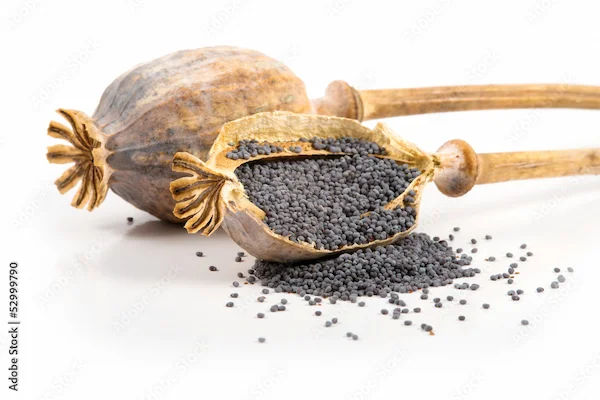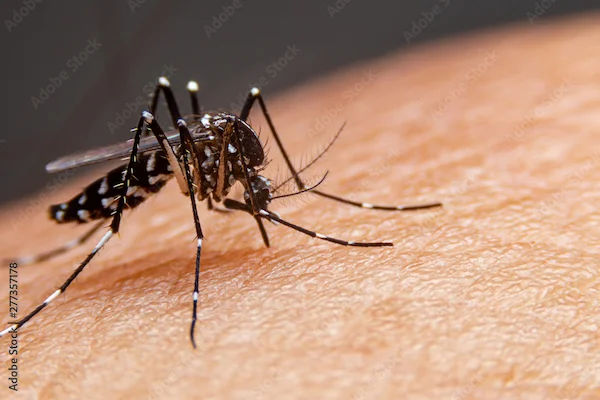World MS Day Overview and Significance
Know about World Multiple Sclerosis Day, why it is important, symptoms, how to support someone with it and lifestyle and management tips for multiple sclerosis.

Written by Dr. Rohinipriyanka Pondugula
Reviewed by Dr. J T Hema Pratima MBBS
Last updated on 14th Aug, 2025

Introduction
Every year on May 30th, people around the world come together to observe World MS Day. This day is dedicated to raising awareness about Multiple Sclerosis (MS), a chronic neurological condition that affects millions globally. Whether you’re someone living with MS, a caregiver, or simply looking to learn more, this article will help you understand the condition, its impact, and how we can support those affected.
What is Multiple Sclerosis (MS)?
Multiple Sclerosis is a long-term autoimmune disease that affects the central nervous system (brain and spinal cord). In MS, the immune system mistakenly attacks the protective covering of nerve fibres (called myelin), leading to communication problems between the brain and the rest of the body. Over time, this can cause physical, cognitive, and emotional challenges.
Common Symptoms of MS
MS symptoms vary from person to person, but some common signs include:
- Fatigue (extreme tiredness)
- Numbness or tingling in limbs
- Muscle weakness or stiffness
- Difficulty walking or balancing
- Blurred vision or eye pain (optic neuritis)
- Memory and concentration issues
- Bladder or bowel dysfunction
Since symptoms can come and go (relapse-remit) or worsen over time (progressive MS), early diagnosis and management are crucial.
Why is World MS Day Important?
World MS Day was established by the Multiple Sclerosis International Federation (MSIF) to:
1. Raise awareness about MS and its impact.
2. Support patients and caregivers by sharing resources.
3. Advocate for better healthcare access and research funding.
4. Fight stigma and encourage inclusivity for people with disabilities.
The theme for 2024 is "Diagnosis & Treatment Gaps", highlighting the need for early detection and equitable treatment worldwide.
How Can You Support Someone with MS?
If you know someone living with MS, here’s how you can help:
- Educate yourself – Learn about MS to better understand their struggles.
- Be patient – Symptoms like fatigue and memory issues can be unpredictable.
- Offer practical help – Assist with daily tasks when needed.
- Encourage healthy habits – A balanced diet, light exercise, and stress management can help.
- Listen without judgment – Emotional support matters just as much as physical help.
Managing MS: Lifestyle and Treatment Tips
While there’s no cure for MS yet, treatments and lifestyle changes can help manage symptoms:
Medical Treatments
- Disease-modifying therapies (DMTs) – Slow disease progression.
- Steroids – Help reduce inflammation during flare-ups.
- Symptom management – Medications for pain, muscle spasms, and fatigue.
Lifestyle Adjustments
- Exercise – Gentle activities like yoga or swimming improve mobility.
- Healthy diet – Foods rich in omega-3 fatty acids, vitamin D, and antioxidants may help.
- Stress management – Meditation and relaxation techniques can ease symptoms.
- Adequate rest – Fatigue is common, so proper sleep is essential.
When to See a Doctor?
If you or a loved one experiences persistent neurological symptoms like unexplained numbness, vision problems, or difficulty walking, consult a neurologist. Early diagnosis can help slow disease progression.
If you suspect MS or need expert advice, Apollo 24|7 offers consultations with top neurologists. You can also schedule tests and get personalised care from the comfort of your home.
Final Thoughts
World MS Day reminds us that awareness leads to action, and action leads to hope. By understanding MS, supporting those affected, and advocating for better research, we can make a difference. If you or someone you know is dealing with MS, remember you are not alone, and help is available.
Consult the Best Neurologist for Personalised Advice
Consult the Best Neurologist for Personalised Advice

Dr. Aditendraditya Singh Bhati
Neurosurgeon
18 Years • MBBS(2004), DNB Neurosurgery(2014); MNAMS; Fellow Neuroendoscopy
Delhi
Apollo Hospitals Indraprastha, Delhi
(100+ Patients)

Dr. Ganeshgouda Majigoudra
Neurologist
10 Years • MBBS, MD ( GENERAL MEDICINE) DM (NEUROLOGY)
Bengaluru
Apollo Clinic, JP nagar, Bengaluru

Dr Rajashekar Mummadi
Neurologist
3 Years • MBBS, DNB General Medicine, DRNB Neurology
Hyderabad
Dr Ram's Neuro Clinic, Hyderabad

Dr. E Prabhakar Sastry
General Physician/ Internal Medicine Specialist
40 Years • MD(Internal Medicine)
Manikonda Jagir
Apollo Clinic, Manikonda, Manikonda Jagir
(125+ Patients)

Dr S Selvin
Neurologist
10 Years • MBBS, MD, DM (Neurology), FINR fellowhsip in Interventional Neuro Radiology
Chennai
Apollo Speciality Hospitals Vanagaram, Chennai
.webp)



